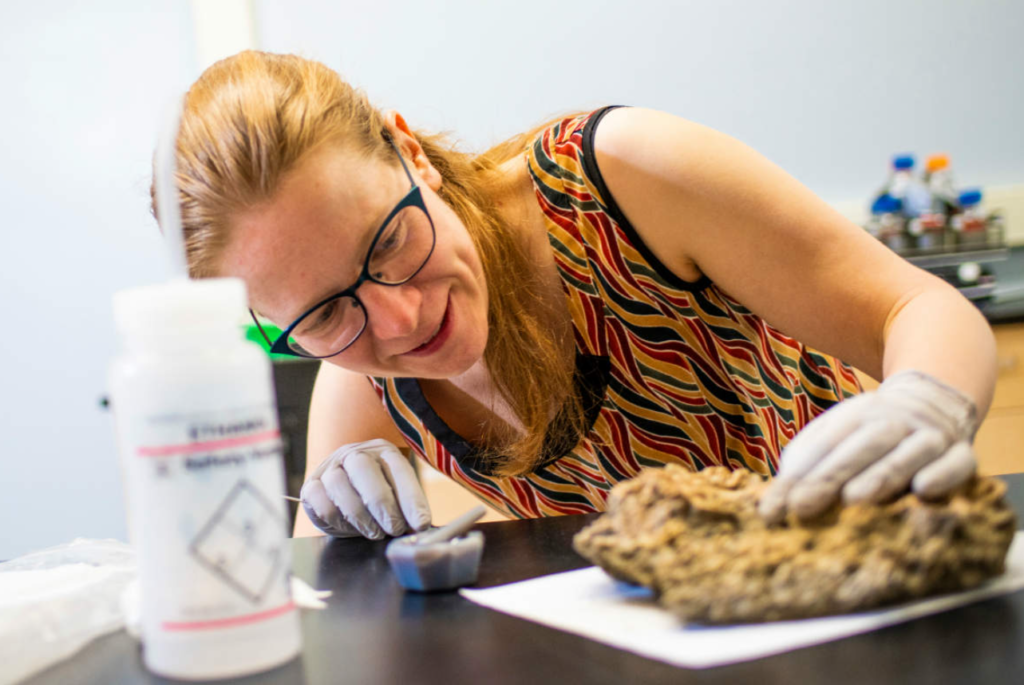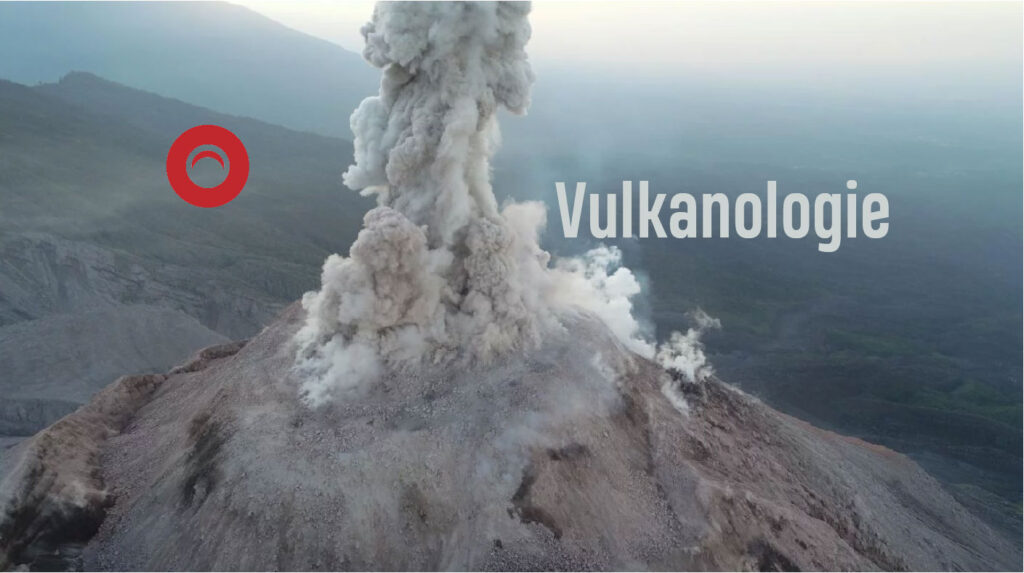Vulkanologie, or volcanology, is a field of study that investigates the formation, activity, and impact of Earth’s volcanoes, providing insights into the planet’s history.
Why Study Vulkanologie?
Vulkanologie is crucial for disaster preparedness, environmental management, and scientific research. By studying volcanoes, scientists can better predict eruptions, potentially saving lives and minimizing economic losses. Furthermore, Vulkanologie offers a unique blend of fieldwork and theoretical studies, making it an exciting career choice for many.
Vulkanologie’s Studium in Deutschland

Germany offers robust programs in Vulkanologie. Students can pursue a “Vulkanologie Studium” at several German universities, which provide comprehensive courses ranging from undergraduate to master’s levels. These programs often include hands-on practical experiences and opportunities to participate in research expeditions.
Key Universities for Vulkanologie Studium:
- University of Berlin
- Munich Institute of Geosciences
- Hamburg University’s Earth Sciences Department
Studying Vulkanologie’s Around the World

While Germany is a hub for Vulkanologie studies, other countries like Italy and Iceland also offer unique perspectives and fieldwork opportunities, especially in areas like Vulkanologie Neapel and Vulkanologie Island. These programs emphasize the geological aspects of volcanoes, providing students with invaluable practical experiences.
Essential Reads: Vulkanologie Buch
For those interested in self-study or additional resources, several books on Vulkanologie provide in-depth knowledge and case studies. From textbooks to research compilations, these books are invaluable for anyone serious about studying volcanoes.
Recommended Books:
- “Volcanoes of Europe” – Detailed exploration of European volcanic activity
- “The Dynamics of Volcanic Systems” – An advanced study on volcanic mechanisms
Advanced Studies: Vulkanologie Master and Praktikum

Pursuing a master’s in Vulkanologie’s can further enhance your knowledge and skills. These programs are designed for a deeper understanding of volcanic phenomena and often involve significant research components. Additionally, participating in a “Vulkanologie Praktikum” can provide practical experience and professional networking opportunities.
Innovative Technologies in Vulkanologie
One of the most exciting developments in Vulkanologie is the use of innovative technologies to study and monitor volcanoes. Advancements in satellite imagery, drone technology, and seismic monitoring systems have revolutionized how scientists observe and predict volcanic activities.
Satellite Imagery and Remote Sensing
Satellites equipped with thermal imaging and remote sensing technology provide critical data on volcanic activity from space. This technology allows scientists to monitor volcanic heat patterns, gas emissions, and landscape changes over time without the need for direct access, which can be dangerous or impossible during active eruptions.
Drone Technology
Drones, or unmanned aerial vehicles (UAVs), have become invaluable in the field of Vulkanologie’s. They can be flown directly into volcanic plumes to gather data on ash composition, temperature, and gas concentrations. This real-time data is crucial for timely decision-making during volcanic crises.
Seismic Monitoring Systems
Advanced seismic monitoring systems are key tools for predicting volcanic eruptions. These systems detect the slightest movements in the earth’s crust and help scientists understand the magma flow beneath volcanoes. Enhanced predictive models based on seismic data enable earlier evacuations and better preparation for potential eruptions.
Impact of Technology on Vulkanologie Careers
The integration of technology in Vulkanologie’s not only pushes the boundaries of scientific research but also creates new career opportunities. Specialists in geospatial technology, drone operation, and seismic data analysis are increasingly in demand in the field of volcanology.
Careers in Vulkanologie
A career in Vulkanologie can be diverse, ranging from academic and research positions to roles in government agencies and private environmental firms. Experts in Vulkanologie are crucial for monitoring volcanic hotspots and advising on land use planning and disaster management.
FAQs About Vulkanologie
Q1: How long does it typically take to complete a Vulkanologie studium in Germany?
A: Bachelor’s programs usually last 3-4 years, while master’s programs take 1-2 years.
Q2: What prerequisites are needed for studying Vulkanologie?
A: Most programs require a background in sciences, particularly in geology, physics, and chemistry.
Q3: Are there any specific safety concerns when studying active volcanoes?
A: Yes, fieldwork requires strict safety protocols to protect students from potential hazards such as eruptions and toxic gases.
Q4: What are the prospects after completing a Vulkanologie studium?
A: Graduates can work in research, environmental consulting, disaster management, and education.
Conclusion
Vulkanologie is not just about studying volcanic eruptions; it’s about understanding our planet’s fiery nature and protecting our communities from its wrath. Whether you choose to study Vulkanologie in Deutschland or elsewhere, the field promises a challenging yet rewarding career filled with opportunities for discovery and real-world impact.

